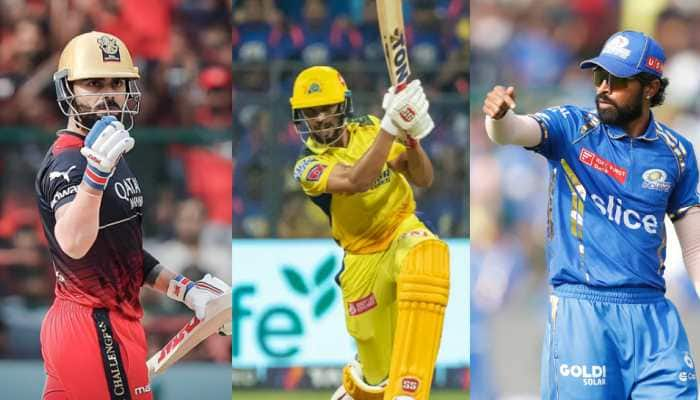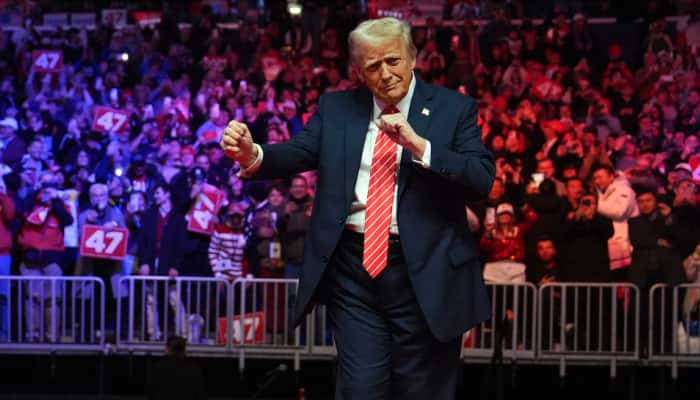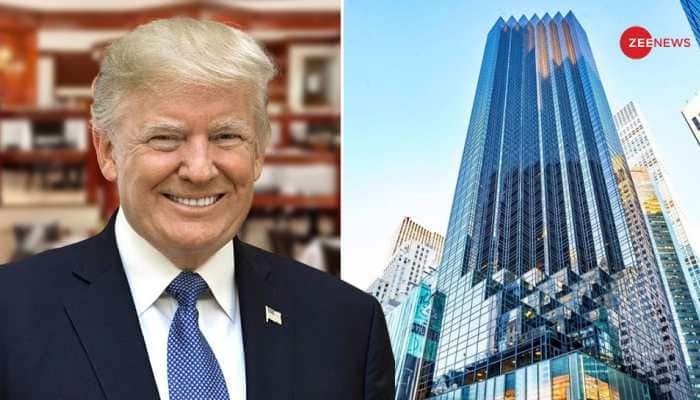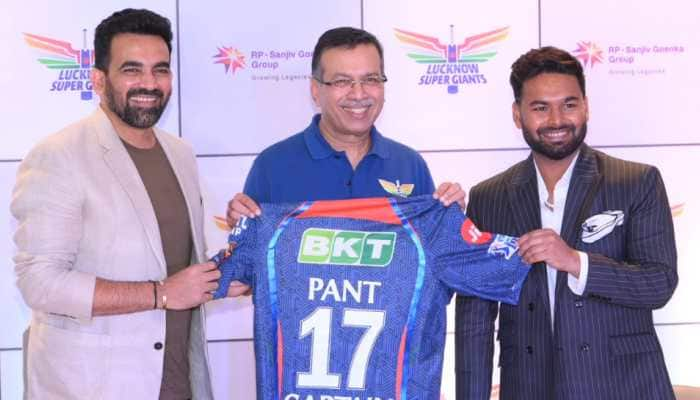PM Narendra Modi turns 72, here are some steps that he has taken in last eight years to free India of 'colonial mindset'
Prime Minister Narendra Modi was born on September 17, 1950, in a small town in Gujarat. He is the first ever Prime Minister to be born after Independence.
Trending Photos
New Delhi: Prime Minister Narendra Modi on Saturday (September 17, 2022) turned 72. Born on September 17, 1950, in a small town in Gujarat, Modi is the first ever Prime Minister to be born after Independence. PM Modi, who started his second term in office in May 2019, is also the longest-serving Chief Minister of Gujarat with his term spanning from October 2001 to May 2014. During his tenure as PM, he has paid special attention to India's rich history and culture, and has also taken numerous initiatives to free the country of the "colonial mindset".
Here's a look at some of the steps that PM Narendra Modi has taken to shed the baggage of colonial legacy and colonial symbols in the last eight years.
- Recently, in line with his intention of getting rid of any remnants of the colonial past, Prime Minister Narendra Modi renamed the iconic Rajpath in Delhi as "Kartavya Path". Rajpath is the Hindi word for "Kingsway", which was given in honour of King George V.
- Earlier this month, PM Modi also unveiled the new ensign of the Indian Navy that he said "removed the remaining traces of slavery and a colonial past" on the country's warships by doing away with the St George's cross. The Cross of St George was removed from the Indian Navy's ensign and replaced with an ensign inspired by the seal of Chhatrapati Shivaji Maharaj.
- On Republic Day this year, the "Beating the Retreat" ceremony's concluding piece, "Abide With Me", was removed and Kavi Pradeep's seminal piece, "Aye Mere Watan Ke Logon", was introduced. Earlier in 2015, the "Beating the Retreat" ceremony witnessed some major changes wherein Indian musical instruments such as sitar, santoor and tabla were added for the first time.
- Prime Minister Narendra Modi has also been a proponent of teaching in mother tongue, as reflected in the National Education Policy (NEP), 2020. This is a marked departure from the focus mainly being on English-based education, the wheels of which were set in motion during the British time.
- In December 2018, Modi took a page out of Netaji Subhas Chandra Bose's book and renamed three islands of the Andaman and Nicobar archipelago. Back in 1943, Bose had suggested that the Andaman and Nicobar Islands be renamed as Shahid and Swaraj Dweep respectively. In a tribute to the freedom fighter, Ross Island was renamed as Netaji Subhas Chandra Bose Dweep, Neil Island as Shaheed Dweep, and Havelock Island as Swaraj Dweep.
- In 2017, PM Modi's government broke a 92-year-old tradition and merged the Rail Budget with the General Budget.
- PM Modi has also done away with the colonial-era presentation of the Budget on the last day of February. The budget is now presented on the first day of February.
- In 2016, the Race Course Road in Delhi was renamed as the Lok Kalyan Marg. The prime minister's residence is at 7, Lok Kalyan Marg.
- In 2015, the Narendra Modi-led government renamed the Aurangzeb Road in Delhi as APJ Abdul Kalam Road. The Teen Murti Chowk in the national capital was also renamed as the Teen Murti Haifa Chowk in 2018.
- Since 2014, the Modi government has also repealed more than 1,500 old and obsolete laws. Most of these laws were remnants of the British era.
Stay informed on all the latest news, real-time breaking news updates, and follow all the important headlines in india news and world News on Zee News.
Live Tv







)
)
)
)
)
)
)
)
)
)
